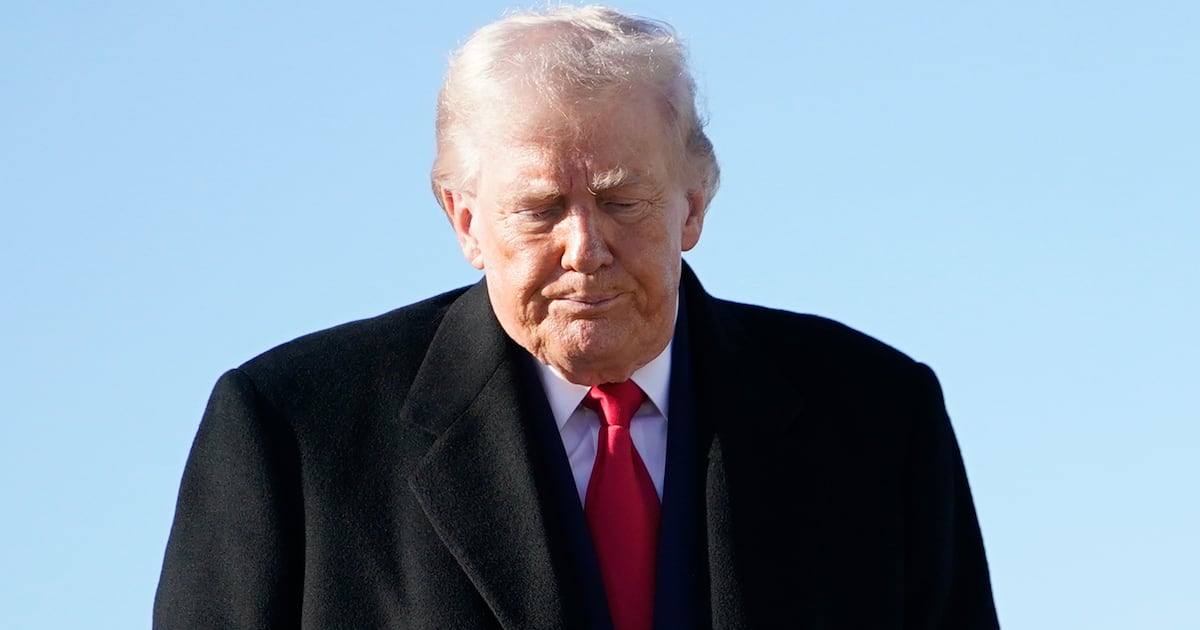Even assuming—as Israelis, Arabs and the rest of the world do—that Israel Air Force planes attacked a strategic target in Syria or on the Syria-Lebanon border on the night of January 29-30, Israel is wise to avoid taking credit. This was the policy regarding earlier attacks against strategic targets in Syria (a nuclear site in 2007), Lebanon (Hezbollah arms depots) and places as far afield as Sudan (Iranian arms on their way to Sinai and Hamas). By not boasting, you reduce the danger of retaliation—something quite specifically promised by Iran regarding Syria just a few days ago. And you avoid encouraging Arab finger-pointing at Israel for violating what's left of Syrian sovereignty.
Enough serious and responsible Israelis were involved here to convince me that this attack was necessary to avoid a serious threat to Israeli security. Yet Israel is not interested in escalation. Quite the contrary. Note that this latest attack was preceded by attempts to avert it: very public Israeli warnings and high-level visits to Washington and Moscow. Until this latest attack, the Netanyahu-Barak duo had adeptly managed to avoid involvement in the Syrian revolution. After all, Israel has no really good options here: if Bashar Assad prevails, then Iran and Hezbollah remain dangerously on Israel's northern borders; if Assad falls, the Muslim Brotherhood is likely to rule from Damascus.

Or worse. What we are witnessing these days is the collapse and fragmentation of Syria as a sovereign state, to be replaced by anarchy, gangs, ethnic militias and jihadi armies. This attack was motivated by the danger that strategic weapons—chemical warheads, sophisticated anti-aircraft and anti-ship missiles, and scud missiles that can hit Beersheba—are moving from Syria to Lebanese Hezbollah. But there are additional and entirely different sets of dangers also lurking in Syria: for starters, cross-border terrorism by al-Qaeda affiliates and appeals for aid by beleaguered minorities like the Druze.So the big question is how to deal with all these mounting crises as at least part of the post-Ottoman state system in the Levant comes crashing down, without getting deeply involved in ways that can only hurt Israel. We know that Netanyahu has opened a channel of coordination with Jordan in this regard; now is the time to do whatever is necessary to make amends with Turkey, too. And it might be wise to keep Barak at the Defense Ministry.






